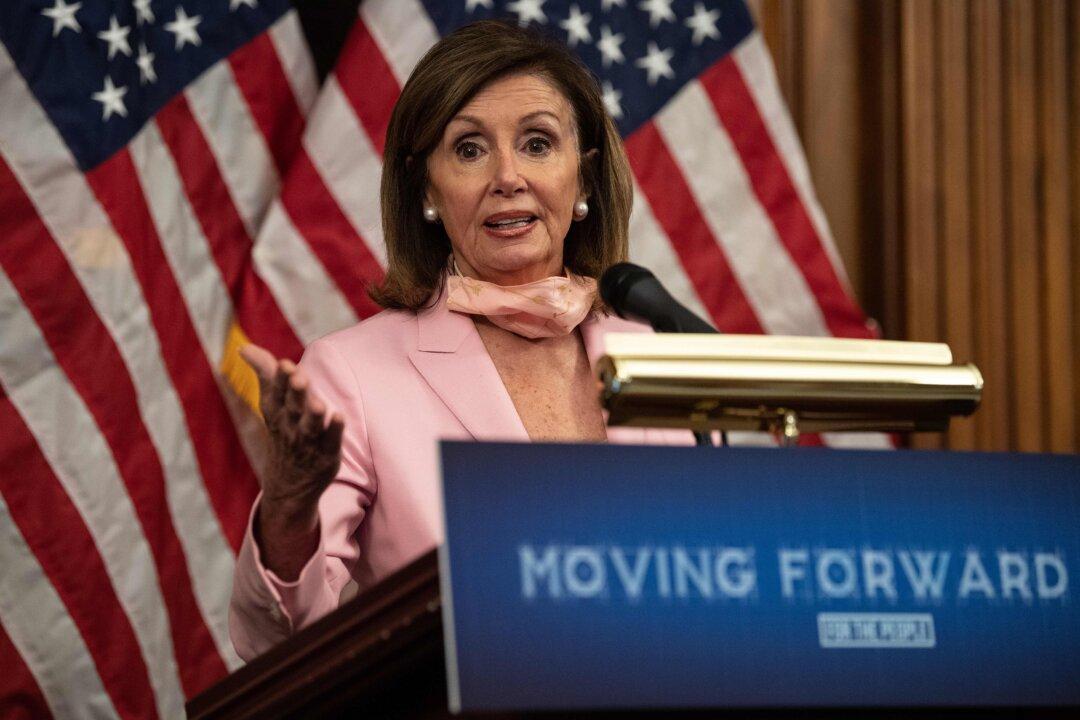WASHINGTON—House Democrats introduced on June 18 an extensive plan to renew American infrastructure, calling for more than $1.5 trillion investment in roads, bridges, public transportation, housing, clean energy, and other projects.
House Speaker Nancy Pelosi (D-Calif.) touted the bill, called the Moving Forward Act, at a press conference, saying that it would build the infrastructure “in a green and resilient way.”





